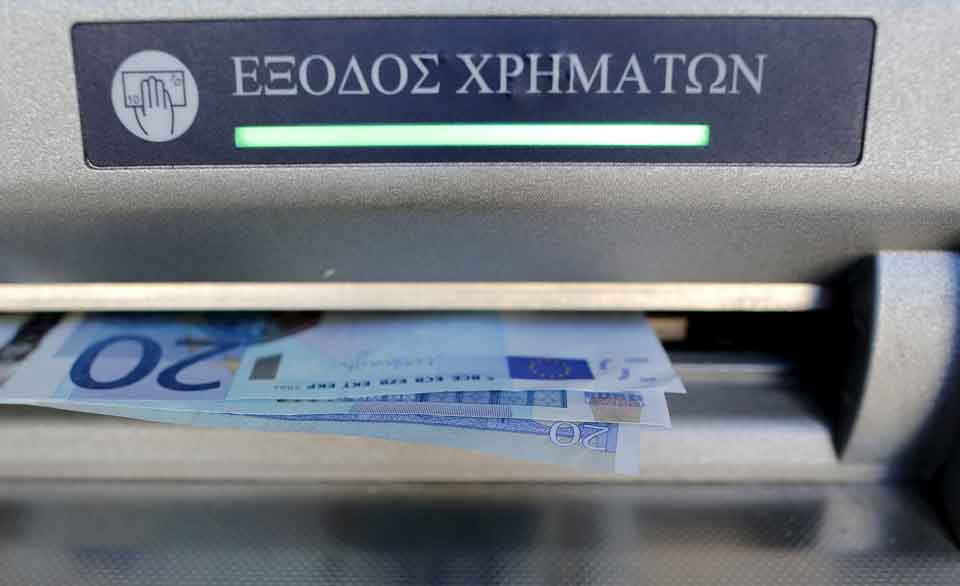IAPR demands transaction data for deposits over 150,000 euros

The tax administration is asking the country’s banks to provide details of all transactions since 2015 concerning the accounts of taxpayers who are under investigation.
The Independent Authority for Public Revenue will send demands to lenders for the immediate forwarding of the account data of taxpayers regarding whom prosecutors have issued orders or who are included in monitoring authorities’ inspection plans.
Sources say the IAPR will also ask for transaction data concerning taxpayers with deposits in excess of 150,000 euros and major transfers within the country or to foreign banks. Checks on taxpayers with large deposits and transactions have recently been reduced considerably as the tax authorities did not have their transaction data dating back to 2015.
The so-called “Tax Big Brother” was left to hibernate, resulting in inspectors being unable to perform their work quickly. They asked banks to provide the information they needed, but this usually resulted in long delays in the completion of inspections. In one case the monitoring authorities asked a taxpayer to explain tens of thousands of transactions, even regarding his pension and medicines he had bought.
The work of inspectors will be facilitated by a legislative amendment tabled recently in Parliament that provides for the mass dispatch of demands to banks for the collection of data from taxpayers’ accounts.
The procedure’s first stage provides for the tax administration to automatically receive data and information on bank accounts, payments, investment products and loan contracts from all credit institutions and investment companies in Greece.
After the details are stored in the IAPR database, the second stage will be the secure and speedy forwarding of any necessary information to the authority’s monitoring mechanism through a special online application. This will drastically reduce the time needed for the completion of inspections.
Finally, in the crucial third stage, the data issued will be cross-checked in a standardized way to avoid any errors. The online system will exclude revenues such as salaries and rents, and all transactions below 50 euros, thereby simplifying the work of inspectors.





